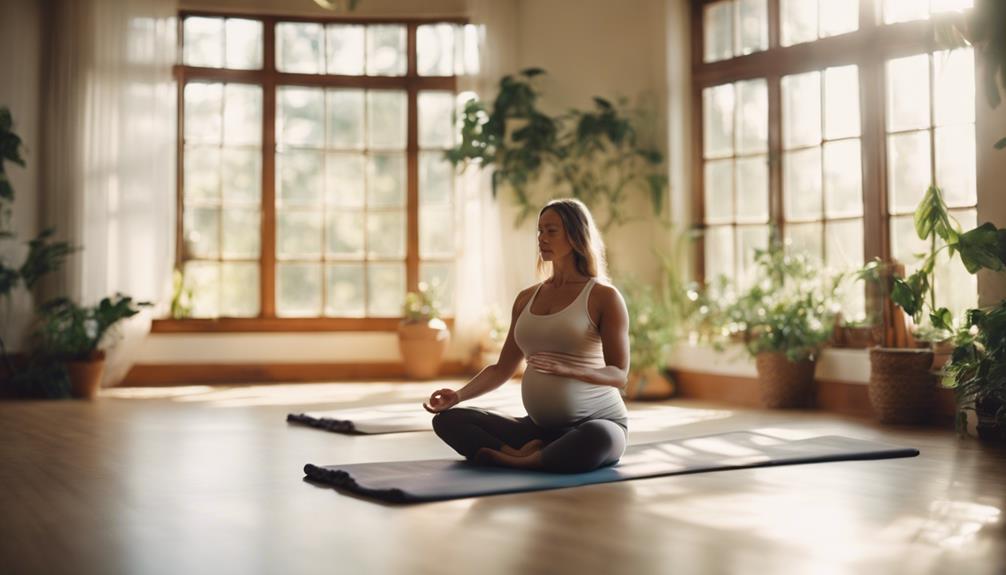Is Yoga a Religious Practice? ===
Yoga has transcended its ancient roots to become a global phenomenon, embraced by people from all walks of life. Yet, a lingering question often arises: is yoga a religious practice? This inquiry invites a deeper exploration into the origins of yoga, its philosophies, and how it has evolved over time. In this article, we aim to unravel the complexities surrounding the relationship between yoga and religion, helping you understand how this practice can be both a spiritual journey and a form of physical exercise.
As we delve into the essence of yoga, it becomes clear that it is not solely a religious endeavor, but a multifaceted practice that can be adapted to fit various beliefs and lifestyles. With its roots deeply embedded in Hinduism, Buddhism, and Jainism, yoga originally served as a spiritual discipline aimed at self-realization and connection to the divine. However, in contemporary society, many practitioners engage with yoga purely for its physical benefits and mental clarity, raising the question of whether one can separate yoga from its spiritual components entirely.
Whether you view yoga as a religious practice or a secular activity ultimately depends on your perspective and intention. It’s essential to recognize that yoga can be a personal journey, where you can blend mindfulness, movement, and meditation without the need for religious affiliation. As we progress through this article, let’s stretch our understanding of yoga’s spiritual journey and discover how it can resonate with individuals from diverse backgrounds.
Stretching Beyond Belief: Yoga’s Spiritual Journey Explored
While the question of is yoga a religious practice often surfaces, it’s crucial to understand that yoga encompasses a vast array of philosophies and traditions. Originating over 5,000 years ago, yoga was originally crafted as a way to cultivate spiritual growth and enlightenment. Texts like the Bhagavad Gita and the Yoga Sutras of Patanjali delve into the philosophical underpinnings of yoga, offering insights into meditation, ethics, and inner peace. For many practitioners, engaging with these texts adds a layer of spirituality to their practice, fueling the belief that yoga goes beyond mere physical exercise.
However, the modern landscape of yoga has evolved to cater to a broader audience, with styles such as Hatha, Vinyasa, and Power Yoga focusing primarily on physical postures and breath control. Many practitioners today approach yoga as a form of fitness or stress relief, often leaving behind the spiritual or religious aspects. This shift highlights how yoga can be adapted to meet individual needs, allowing practitioners to draw from its religious roots or embrace a more secular interpretation based on personal preference. This versatility is one of the reasons yoga has become so popular worldwide.
In essence, yoga’s spiritual journey is as diverse as its practitioners. Some individuals choose to connect with the meditative and philosophical aspects of yoga, while others may appreciate the physical benefits and overall wellness it offers. Regardless of your approach, yoga can serve as a bridge that connects body, mind, and spirit, empowering each person to discover their unique interpretation of this age-old practice. Whether seen through a religious lens or as a wellness routine, the core of yoga remains centered on fostering self-awareness and cultivating a harmonious relationship with oneself and the universe.
Is Yoga a Religious Practice? ===
In conclusion, the question is yoga a religious practice is not a straightforward one. Rather, it invites a rich dialogue about the nature of yoga and its capacity to encompass various beliefs and practices. From its ancient spiritual roots to its modern-day interpretations, yoga can be both a pathway to self-discovery and a method for physical fitness. The beauty of yoga lies in its adaptability and its ability to resonate with individuals in unique ways, offering something for everyone—regardless of their religious beliefs or lack thereof.
Ultimately, whether you choose to embrace the spiritual dimensions of yoga or focus solely on its physical benefits, what matters most is the personal journey it inspires. As you roll out your mat and delve into your practice, may you find the joy, peace, and connection that yoga has to offer, whether on a spiritual level or as part of your everyday routine. So, let’s continue to stretch beyond beliefs, explore the depths of our practice, and celebrate the transformative power of yoga in our lives.
